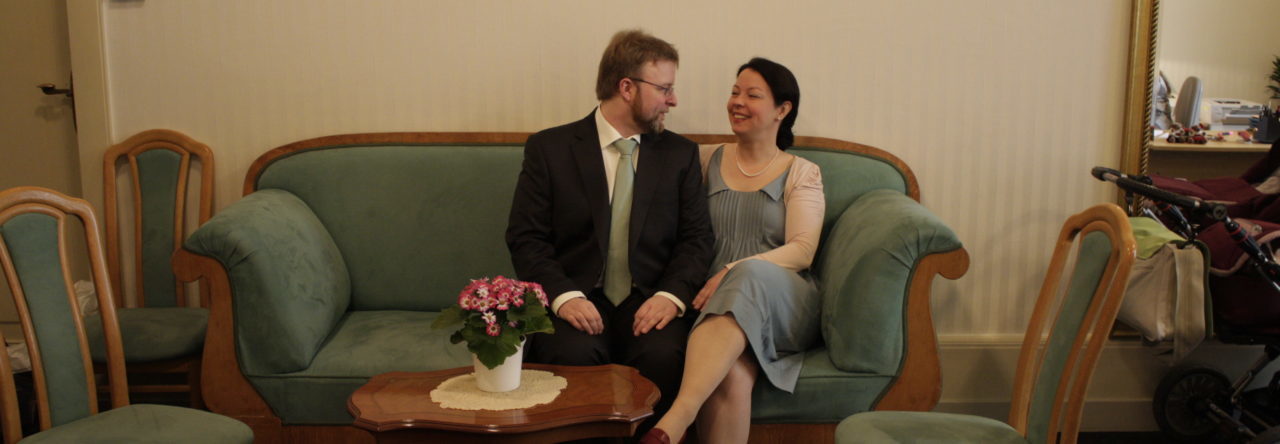Germans call this, more poetically than correctly (because it is really still part of the soon-to-be defunct „old“ year), „die Zeit zwischen den Jahren“, i.e. „the time between the years“, those days between the Christmas holidays and New Year when you take stock and count your blessings. I will opt out of this for this year, as I have decided that this time around I am not grateful. About the best thing I can say about this year is that it could have been worse.
On the face of it there are many things I could still be thankful for. The wife is neither dead nor, as she could have been with all the damage to her brain, imbecile, and there is even some progress with her recovery. So far the health care provider has coughed up nicely. I have a good job that pays for the still somewhat extragavant bills that are left, and I have a very sympathetic employer (so here is a really big shoutout to Idealo. This would be so much harder without your support). We still have friends. The dog is healthy. But still, no.
For one thing I have come to regard the phrase „it could be worse“ as a kind of threat, or a prelude to things actually getting worse (as in „An aneurysm? Well, things could be worse“). Some things will become worse – e.g. if the wife’s trach tube will be removed (which seems now possible within the next one or two years, and which by itself would be obviously a good thing) we will not longer qualify for 24 hours nursing service, even if she needs exactly the same level of care. We need to find a new and bigger home, and that will be expensive. And there is the long run – whith the money rushing out as it is there is no chance to build up a decent pension fund, so retirement will be no fun.
Secondly, and more important, until Siobhan has regained her voice I have to speak for both of us. No matter how bad the situation is for me, it is a lot worse for her. Siobhan used to be fairly active, kept herself busy and usually saw to it that she gave more to the world than she got back. Now she has had a year of fear and pain, is reduced to almost complete helplessness, cannot focus for any length of time and tires out quickly just from sitting in a wheelchair. There is no way to tell how much of this will be permanent, but it is certain that she will never fully recover and it is somewhat likely she will need care for the rest of her life. I will not do any proclamations of gratefulness up until the wife decides and communicates that, despite everything, there are still things to be grateful for.
Finally, not being grateful is a matter of a somewhat weird pride – „weird“, because pride usually requires that you stand up against somebody, and this time there is nobody on the receiving side. After all, to whom do you complain about a stroke? But the wife suffers, maybe permanently, our life is destroyed, our plans for the future are shattered. If we are not allowed to complain about that, if we are still being asked to be grateful for what’s left, then that raises the question at what point things would be finally shitty enough for us to be allowed not be grateful anymore.
The best thing I can say about this year is not that things could be worse. I still manage to make the wife smile. Sometimes she strokes my hair when I am sad, and sometimes she rolls over, so she can hold me in her good arm.
The best thing I can say about this year is that we have a marriage than can even survive an unmitigated catastrophe like this, and we owe that to no one, no one but ourselves.
Fireworks have started. The time between the years is over.
Happy new year.

Maggie (Ita) Bonner
Nothing to be added to your outpouring of love you have for Siobhan
Who knows miracles happen: happy new year, Eike xxx